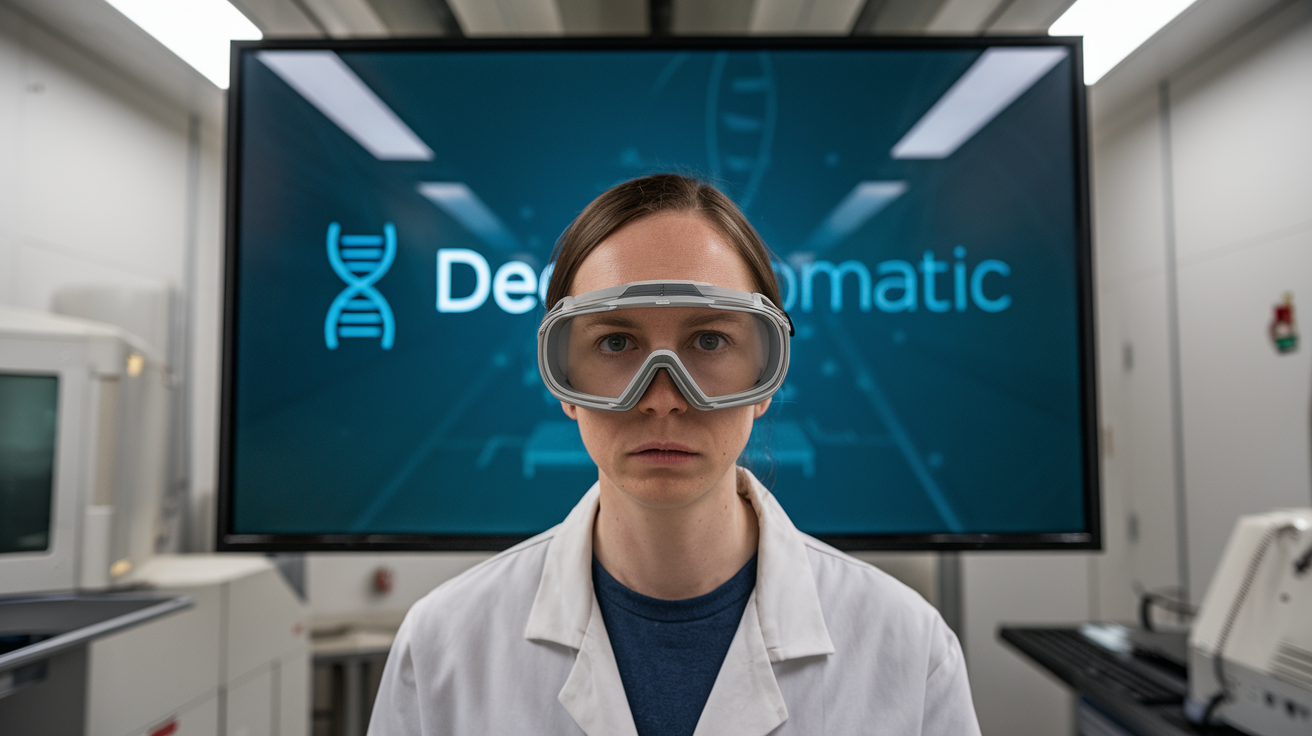Significant Advances in Cancer Treatment Through AI
Google has introduced DeepSomatic, an innovative AI tool designed to enhance the accuracy of identifying genetic mutations associated with cancer. This development marks a pivotal moment in cancer research and treatment, given that pinpointing these mutations is crucial for devising effective therapeutic strategies. Traditionally, oncologists rely on sequencing tumor genomes obtained from biopsies, but the integration of AI promises to refine this process further.
The Importance of Genetic Mutation Detection
Cancer arises when the regulatory mechanisms controlling cell division fail, leading to uncontrolled growth. Each tumor possesses a unique genetic makeup influenced by various mutations. Understanding these specific alterations facilitates tailored treatment approaches, significantly improving patient outcomes. The introduction of AI in this realm is not just timely; it represents a convergence of technology and healthcare that can revolutionize cancer treatment protocols.
How DeepSomatic Works
DeepSomatic utilizes advanced machine learning algorithms to analyze vast datasets of genomic sequences. By training on thousands of previously sequenced tumors, the AI can recognize patterns that may elude human researchers. This deep learning approach allows for the identification of mutations with unprecedented precision, thus providing oncologists with reliable data to base their treatment plans on.
Current Limitations in Cancer Genomics
Despite the advancements in genomic sequencing, several challenges remain. For instance, the sheer volume of data generated from tumor sequencing can overwhelm traditional analytical methods. Moreover, false positives in mutation identification can lead to inappropriate treatment strategies. DeepSomatic aims to mitigate these issues by offering a more robust analysis framework that reduces errors and enhances the overall reliability of genetic assessments.
Implications for Healthcare Providers
The introduction of DeepSomatic can have significant implications for healthcare providers. By integrating this AI tool into clinical workflows, oncologists can streamline the process of mutation identification. This efficiency not only saves time but also allows for quicker decision-making regarding treatment pathways, ultimately benefiting patients who require immediate intervention.
Expert Opinions on DeepSomatic
Experts in the field have expressed optimism regarding the potential of DeepSomatic. Dr. Emily Harris, a leading oncologist and researcher, emphasizes the tool’s promise in transforming cancer treatment. “AI’s ability to enhance genomic analysis can bridge gaps in our current understanding of tumor biology,” she stated. Moreover, Dr. Harris highlights the importance of continuous validation of AI findings against clinical outcomes to ensure the tool’s effectiveness in real-world scenarios.
Broader Trends in AI and Healthcare
DeepSomatic is part of a larger trend where artificial intelligence is increasingly integrated into healthcare systems. From predictive analytics in patient management to automated diagnostics, AI’s role is expanding rapidly. This shift not only improves efficiency but also fosters the development of personalized medicine, where treatments are tailored to individual genetic profiles rather than a one-size-fits-all approach.
Looking Ahead: The Future of AI in Oncology
As AI technologies like DeepSomatic continue to evolve, the oncology field stands on the brink of transformation. Future advancements may include enhanced predictive capabilities, allowing for earlier detection of cancers and more proactive treatment strategies. However, it is crucial for stakeholders to navigate the ethical implications of AI in healthcare, ensuring that technologies are deployed responsibly and equitably.
In conclusion, Google’s unveiling of DeepSomatic represents a significant leap forward in the intersection of artificial intelligence and cancer treatment. As the healthcare industry adapts to these advancements, the focus will remain on harnessing technology to improve patient outcomes while addressing the associated challenges.
